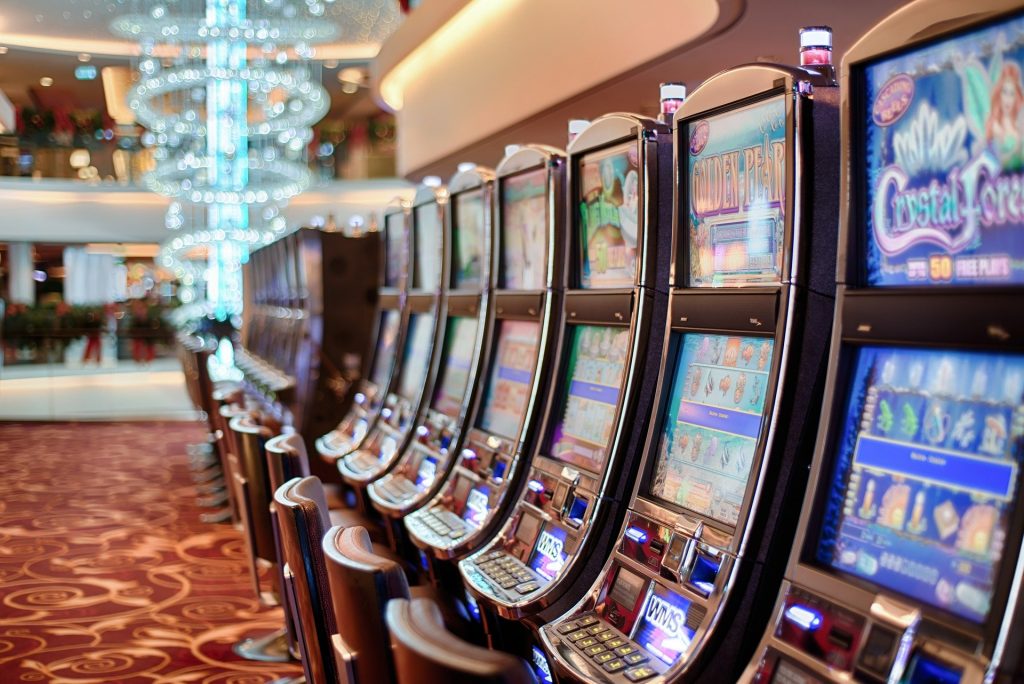Progressive slot machines have gained immense popularity in casinos worldwide, offering players the allure of life-changing jackpots that grow larger with each wager placed. These machines are distinct from traditional slots, as they link multiple machines together, allowing a portion of each bet to contribute to a communal jackpot. While progressive slots can provide thrilling gaming experiences, they come with their own set of advantages and disadvantages that players should carefully consider before spinning the reels. One of the primary advantages of playing progressive slot machines is the potential for substantial winnings. The jackpots can reach staggering amounts, often in the millions, enticing players with the promise of significant financial rewards. The thrill of chasing these enormous jackpots can make gameplay more exciting, and the prospect of hitting a life-altering sum of money adds an extra layer of enjoyment to the gaming experience. Additionally, progressive slots often feature engaging themes, advanced graphics, and captivating sound effects, which can enhance player immersion and make for an entertaining session.

Many progressive machines also offer secondary games and bonus features that can lead to additional winnings, further increasing their appeal. However, the odds of winning a progressive jackpot can be daunting. Because these jackpots are typically much larger than those found on standard naga slot machines, the odds of hitting them are significantly lower. This means players may spend a considerable amount of money without ever coming close to winning the jackpot, leading to frustration and disappointment. Furthermore, while the allure of the massive jackpots can be tempting, it can also encourage players to wager more than they can afford, leading to unhealthy gambling habits. It is crucial for players to set strict budgets and stick to them to avoid falling into a cycle of chasing losses. Another disadvantage of progressive slots is that they often have higher minimum bets compared to regular machines. In many cases, players must bet the maximum amount to qualify for the progressive jackpot, which can quickly deplete a bankroll. This requirement can deter casual players who may prefer the lower stakes of traditional slots.
Additionally, while progressive machines can offer significant payouts, the time it takes to accumulate a large jackpot can vary greatly, and players might find themselves waiting for long periods with little to no wins. Moreover, the communal nature of progressive slots can create a false sense of hope. Seeing the jackpot amount climb can create an illusion of increased winning potential, leading players to believe they are more likely to win than they actually are. This phenomenon can lead to prolonged play and increased spending, ultimately diminishing the overall enjoyment of the game. In conclusion, while progressive slot machines offer the enticing possibility of massive jackpots and engaging gameplay, they also come with notable drawbacks, including lower odds of winning, higher minimum bets, and the potential for unhealthy gambling behavior. Players should weigh these pros and cons carefully and approach progressive slots with caution, ensuring they play responsibly and within their means.
